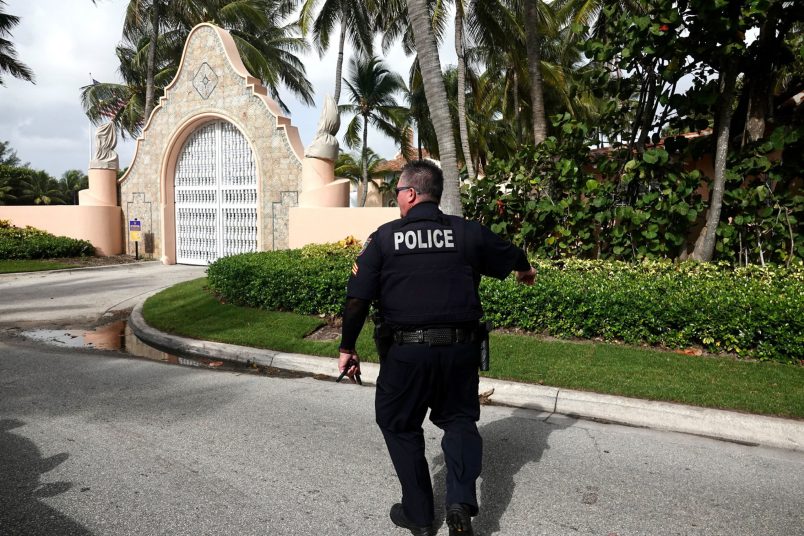Monday marked the end of an era as U.S. district judge Aileen Cannon officially dismissed Donald Trump’s civil lawsuit following the raid on Mar-a-Lago to seize government documents.
“This case is dismissed for lack of jurisdiction,” she wrote in the brief order. “Any scheduled hearings are canceled, any pending motions are denied as moot, and all deadlines are terminated. The Clerk of Court shall close this case.”
Months after the raid, the Justice Department is finally able to resume its investigations into Trump’s handling of the documents, some of which were designated with the highest classification levels.
Cannon was instructed to dismiss the case by the 11th Circuit Court of Appeals, which ripped her decisions to shreds in a ruling earlier this month.
The three-judge panel, dominated by Trump appointees, repudiated the amenable district judge for attempting to create out of thin air a new standard of solicitude for former presidents, for filling in arguments when Trump’s camp failed to think of any and for trying to create a blueprint that, if successful, would have mapped out how subjects of criminal investigations could stymie their probes.
The judges struggled to keep their disdain under wraps during oral arguments in the case last month.
“Think of the extraordinary nature from our perspective: An injunction against the executive branch in a pre-indictment situation,” 11th Circuit Chief Judge William Pryor implored Trump’s attorney. “Under the separation of powers, the judiciary doesn’t interfere with those kinds of prosecutorial and investigatorial decisions.”
As the arguments proceeded, Pryor in particular sounded increasingly incredulous.
“The entire premise of the exercise of this extraordinary kind of jurisdiction would be that the seizure itself is unlawful — if you can’t establish that, then what are we doing here?” Pryor asked.
After the summer raid, Trump and his lawyers had tossed handfuls of legal spaghetti at the wall, hoping to find an argument that would stick. Throughout the proceedings, their primary thesis shifted from claims of executive and attorney-client privilege, to that the case is really a question of designating personal versus presidential records, to 11th hour claims that actually, the search warrant was carried out improperly.
To wide reproach, Cannon expanded the timeline that team Trump got to try to muddy up the waters, appointing a special master to sift through the seized documents.
That sideshow seems at its end now, and the government investigation will proceed. But while Trump failed to cajole the appellate court into shielding him from the probe, he did win himself over three and a half months of pointless delay.
Read the order here:



